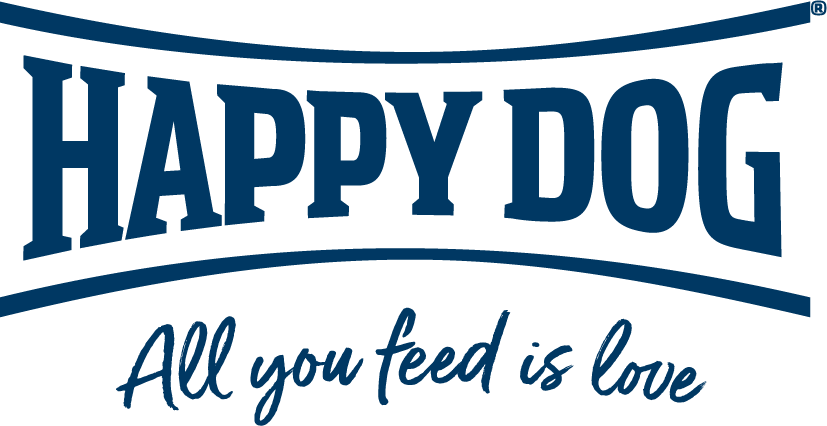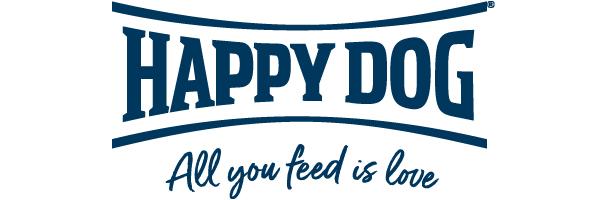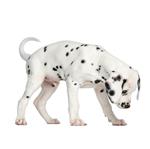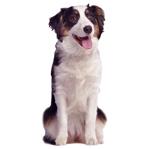| Ideal weight adult dog | Normal requirement adult dog (g / 24h) | Normal requirement for young dogs 6th - 12th month of life * (g / 24h) |
| 2 kg | 44 g | 55 g |
| 3.5 kg | 68 g | 85 g |
| 5 kg | 88 g | 110 g |
| 7.5 kg | 120 g | 150 g |
| 10 kg | 149 g | 185 g |
| 15 kg | 200 g | 250 g |
| 20 kg | 251 g | 310 g |
| 25 kg | 295 g | 365 g |
| 30 kg | 340 g | 420 g |
| 35 kg | 380 g | 470 g |
| 40 kg | 420 g | 530 g |
| 45 kg | 455 g | 575 g |
| 50 kg | 495 g | 620 g |
| 60 kg | 570 g | 700 g |
| 70 kg | 640 g | 780 g |
| 80 kg | 700 g | 860 g |
* Between months 12-15, the amount of food should be slowly reduced to the recommended daily amount for the "normal adult dog needs" in accordance with the decreasing energy requirement.
For mixed feeding, please note:
150g wet food corresponds to 33g dry food.
Additional information:
It is recommended to seek the advice of a veterinarian before feeding and before weaning. Offer water for free consumption. For an optimal effect only the diet should be fed. Additional food should be discussed with the treating veterinarian. Unless otherwise recommended by the vet, offer several small meals per day. The amount of feed must be adapted to the individual metabolism of the animal and may have to be reduced or increased in moderation over the course of the day.
Recommended feeding time:
3 - 12 weeks, in the case of chronic insufficiency of the pancreas for life.








